# Climate Change's Subtle Threat to Earth's Vital Systems
Written on
Chapter 1: The Ocean's Role in Earth's Ecosystem
The currents of our oceans play a pivotal role in shaping everything from weather patterns to economic stability. However, human activities are increasingly disrupting these vital systems.
This paragraph will result in an indented block of text, typically used for quoting other text.
Section 1.1: Understanding Ocean Currents
The ocean, covering an expanse of 12,740 kilometers in diameter and reaching depths of up to 4 kilometers, operates as a complex system driven by temperature and salinity variations. This intricate layering affects global currents, which in turn influence climate and weather.

The thermocline serves as a crucial boundary within this system, marking a sharp transition between warm surface waters and the cooler depths below. This upper layer is essential for linking solar energy to oceanic currents, driving the entire ecosystem.
Section 1.2: The Legacy of Friedrich Humboldt
Friedrich Wilhelm Heinrich Alexander von Humboldt, a pioneering naturalist, recognized the interconnectedness of nature during his early 19th-century explorations. His observations of unexpected ocean currents have paved the way for our current understanding of marine systems.
This documentary explores the potential for cooling our planet and the role of ocean currents in climate regulation.
Chapter 2: The Significance of the Humboldt Current
The Humboldt Current, while not the largest or most powerful, is a remarkable cold-water flow along the western coast of South America. It is vital for ecological balance and economic prosperity, supporting one of the world's richest fisheries.
In this episode, Mo Gawdat discusses the risks posed by artificial intelligence, drawing parallels to the vulnerabilities of our natural systems.
Section 2.1: Ecological Importance
This cold-water current is not just a geographical feature; it sustains a diverse array of marine life, including the vital Peruvian anchoveta. These fish form the basis of a complex food web, with phytoplankton playing a crucial role in converting sunlight into energy and contributing significantly to global oxygen levels.
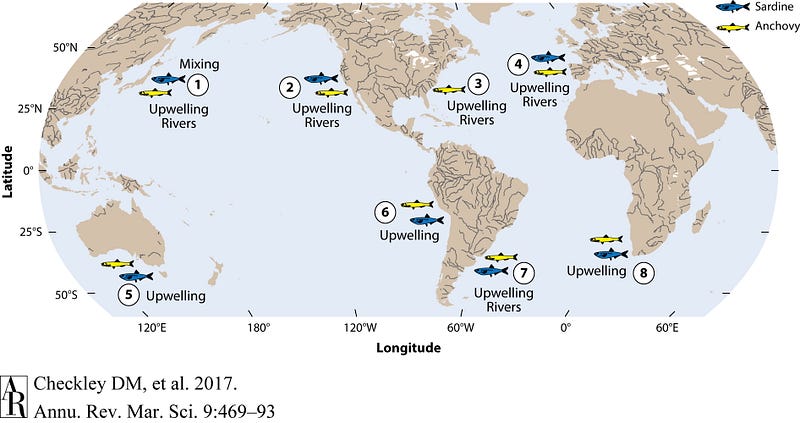
As the ocean's smallest powerhouses, phytoplankton not only produce oxygen but also absorb large quantities of CO2, highlighting their importance in combating climate change.
Section 2.2: Historical Context and Economic Impact
Historically, the anchoveta fishery has been underutilized for direct human consumption, often relegated to fishmeal production. This shift in focus has shaped global agricultural practices, particularly in livestock farming, as demand for fishmeal surged.
The collapse of traditional fisheries in other regions, such as California, led to increased interest in the anchoveta, driving industrial fishing practices in Peru.
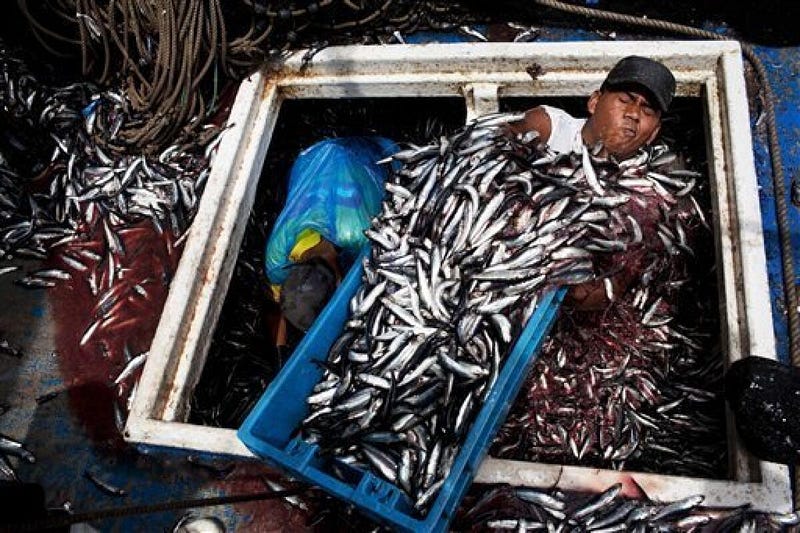
As Peru became a leader in fishmeal production, its economy became intertwined with the global demand for this resource. However, environmental factors and overfishing have led to significant fluctuations in supply, impacting global markets.
Chapter 3: The Challenge of Climate Change
The Humboldt Current faces threats from climate change, particularly during El Niño events, which disrupt marine productivity and shift ecological dynamics.
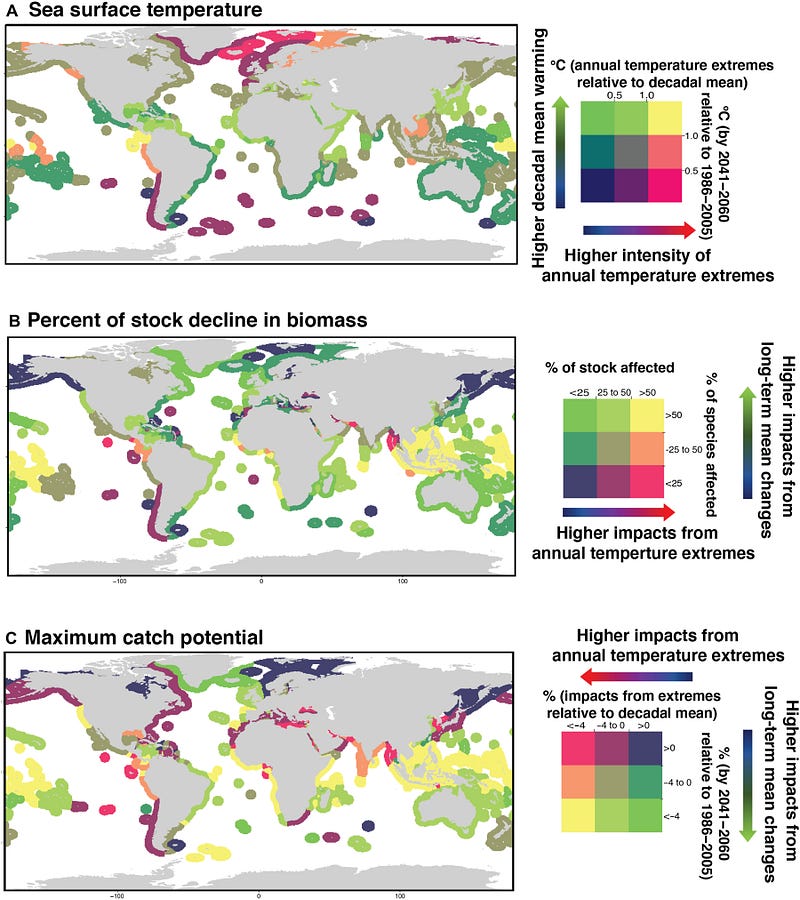
Recent studies indicate that the warming of the eastern Pacific Ocean may lead to unprecedented temperature increases, further jeopardizing marine ecosystems and food security.
Section 3.1: A Global Perspective
The vulnerabilities of ocean currents extend beyond the Humboldt Current, affecting global biodiversity and food supply. Changes in currents can lead to severe ecological consequences, impacting the entire food web.
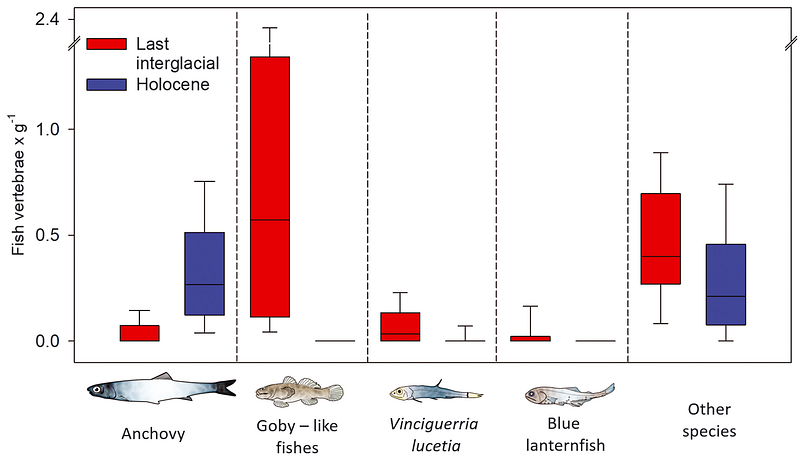
The interplay of warming waters and shifting salinity creates instability, threatening the delicate balance of marine life crucial for human survival.
Section 3.2: The Importance of Conservation
The recent adoption of the 'High Seas Treaty' marks a significant step toward protecting marine ecosystems. This treaty aims to establish marine protected areas and ensure that genetic resources benefit society as a whole.
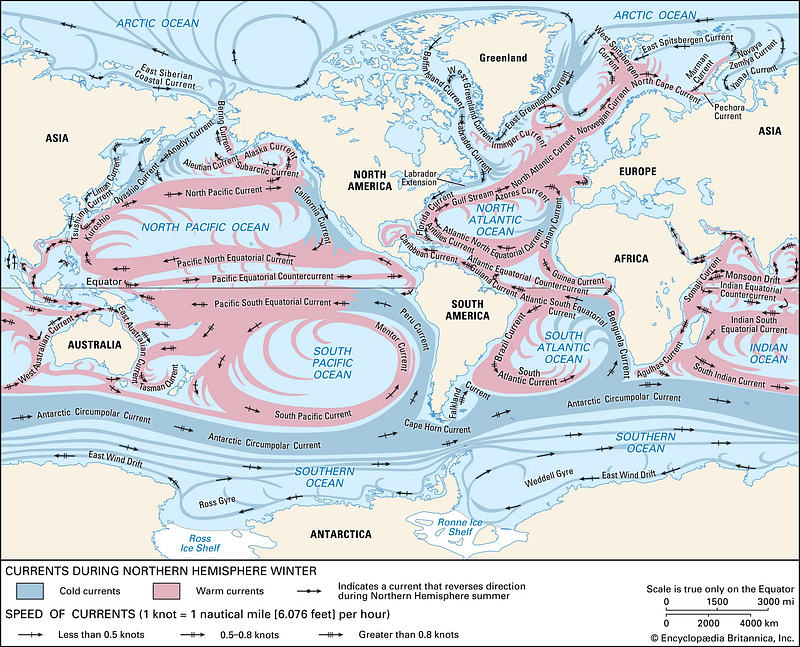
Despite these positive developments, the conversation surrounding ocean conservation remains insufficient. The ocean's role in climate regulation and its ability to absorb carbon emissions must become a priority in global discussions.
Conclusion: A Call to Action
As climate change continues to threaten our oceans, we must recognize the interconnectedness of our actions and their implications for the environment. The pursuit of economic gain must not come at the expense of our planet’s health.
Be loud in advocating for change. The choices we make today will shape the future of our planet's vital systems.
Thank you for your thorough reading and support! For more insights into climate change and its global implications, subscribe to the newsletter Antarctic Sapiens and explore thought-provoking content weekly.